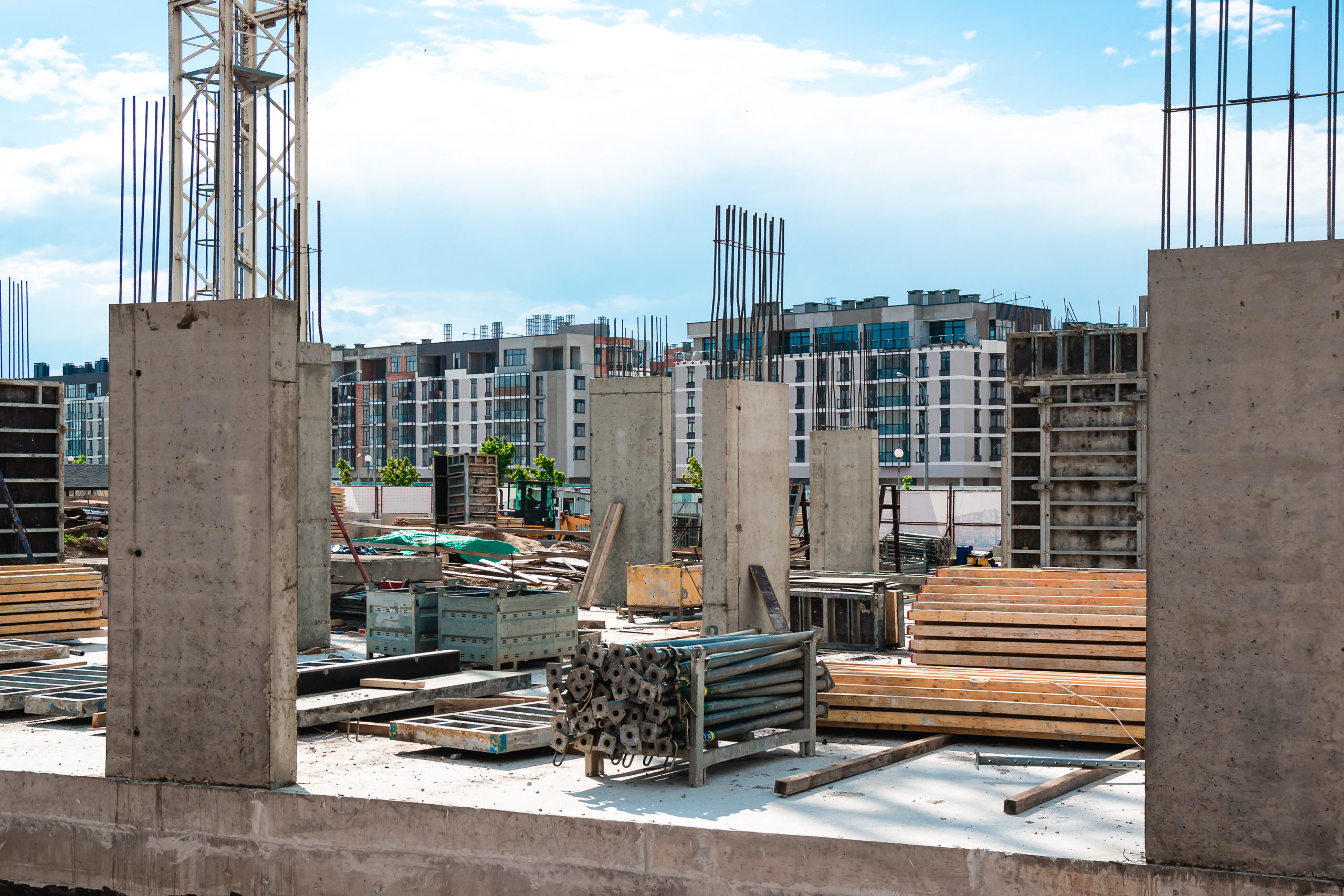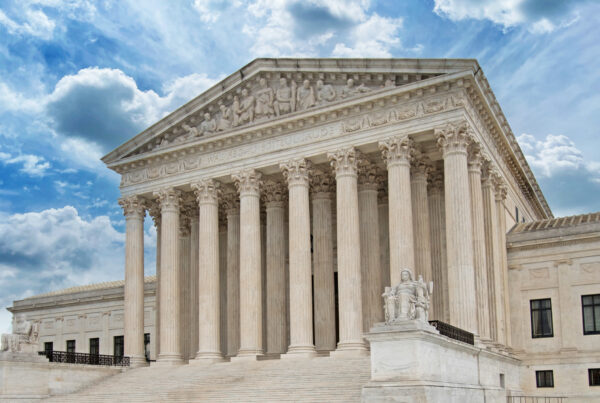On November 8, 2021, New Jersey Governor Phil Murphy signed legislation that requires builders to offer concrete products that utilize carbon footprint‐reducing technology. If a consumer takes advantage of this offer there are not only environmental benefits but tax incentives available too. In this article, we will briefly touch on the production of concretes’ effects on the environment and dive deeper into the tax incentives provided to those who utilize the new technology. Concrete is known to be one of the most widely used construction materials due to its durability, strength, and cost. The main ingredient in concrete is ordinary Portland cement. The state notes that the production of ordinary Portland cement creates approximately 8% of the world’s carbon dioxide emissions. To promote the reduction of carbon dioxide emissions Governor Phil Murphy has signed New Jersey Assembly Bill 4933, providing tax incentives to taxpayers who sell, purchase, or install unit concrete products utilizing carbon footprint‐reducing technology. A “unit concrete product that utilizes carbon footprint‐reducing technology” is defined as; a unit concrete product that is certified by the Department of Environmental Protection (DEP), or an independent third‐party authorized by DEP as generating at least 50 percent less carbon dioxide emissions in production than a conventional unit concrete product made with ordinary Portland cement. Tax incentives are as follows to the various parties:
Unit seller’s exemption from State Sales and Use tax:
Will be exempt from State and Sales Tax if Gross Receipts generated from the sale of unit concrete products that utilize carbon footprint‐reducing technology, including permeable pavement, used in the construction or improvement of any residential or commercial buildings in New Jersey.
Unit purchaser’s tax credits:
The bill offers a tax credit of $2.00 per square foot of qualified unit concrete products to Taxpayers that purchase and install unit-concrete products that utilize carbon footprint‐reducing technology, including permeable pavement. To qualify for this tax credit, the taxpayer would be required to install at least 100 square feet of qualified unit concrete products. If the taxpayer is a pass‐through entity, an S‐corporation, or a partnership, the entity shall not be allowed the tax credit directly, but the credit shall be passed through to the owners in respect to their distributive share of partnership or S corporation income. This tax credit is limited to a $3,000 maximum credit for residential property and a $30,000 maximum credit for commercial property. Any excess credit not utilized may be carried forward 7 years.
Please consult your WG tax advisor to see how you can take advantage of this New Jersey incentive.





